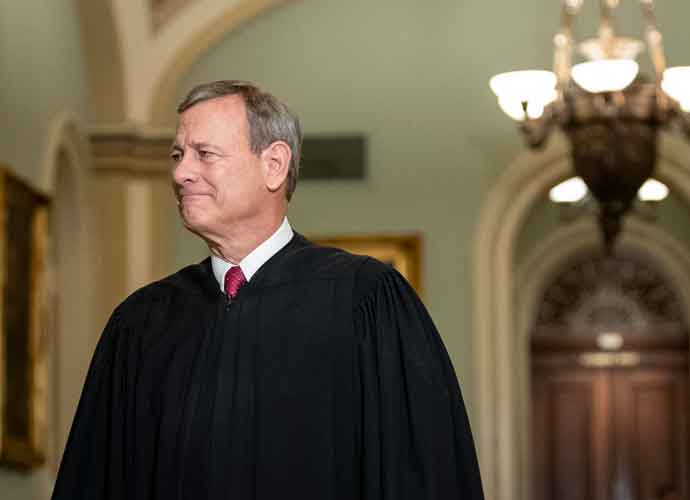Supreme Court Grants Trump Partial Immunity In 2020 Election Fraud Case
On Monday, the U.S. Supreme Court ruled that former President Donald Trump is partially shielded from prosecution due to his involvement in trying to overthrow the 2020 election results.
This ruling will further delay the case against Trump after the Court ruled in his favor 6-3, the votes against him coming from the three Democrat-appointed justices.
The ruling cited both the separation of powers and a 1982 Supreme Court precedent that found that such immunity in civil cases covered actions by a president that are considered within the outer perimeter of their official job duties.
The justices found that Trump is immune for official acts completed during his presidency, but a distinction must be made between public and private actions.
Subscribe to our free weekly newsletter!
A week of political news in your in-box.
We find the news you need to know, so you don't have to.
The lower courts involved in the case initially rejected Trump’s request to shield his prosecution, but the Supreme Court’s decision to take the case may prevent prosecution until after the presidential election.
The trial judge, Tanya S. Chutkan, of the Federal District Court in Washington, denied the former president’s request in December.
“Whatever immunities a sitting president may enjoy, the United States has only one chief executive at a time, and that position does not confer a lifelong ‘get-out-of-jail-free’ pass,” Chutkan wrote.
A three-judge panel in the U.S. Court of Appeals agreed with this decision, writing that “any executive immunity that may have protected him while he served as president no longer protects him against this prosecution.”
The former president faces three charges of conspiracy and one charge of obstructing an official proceeding after trying to prevent his 2020 presidential loss. Trump was indicted in August by special counsel Jack Smith.
Trump is also involved in another criminal case that is related to the FBI raid of his Mar-a-Lago home to recover government documents that had gone missing.
It is unclear when the election case will go to trial.
Trump posted on Truth Social on Monday morning, showing support for the ruling.
Get the most-revealing celebrity conversations with the uInterview podcast!






Leave a comment